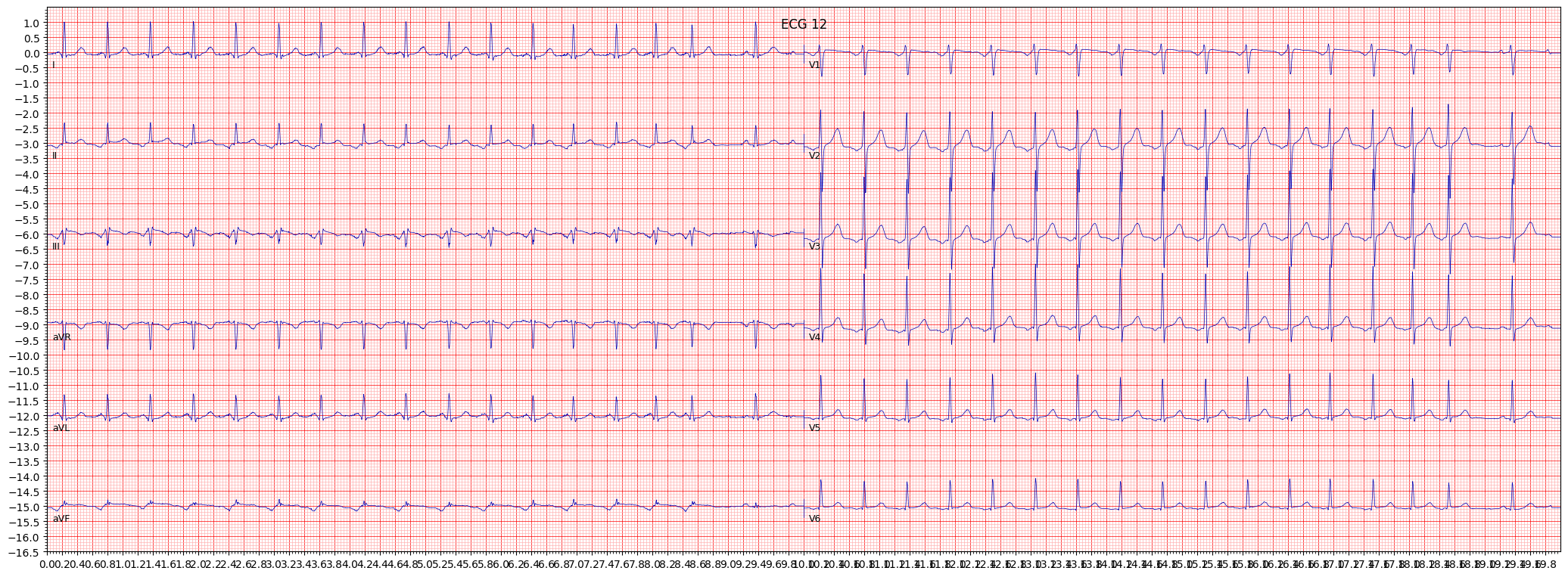paroxysmal supraventricular tachycardia (PSVT)
Paroxysmal supraventricular tachycardia (PSVT) is a type of heart arrhythmia that occurs when the heart beats too quickly and in a regular pattern. It typically originates above the ventricles, in the atria or the atrioventricular (AV) node. This can result in poor blood flow and oxygenation to the body, and increase the risk of stroke and other cardiovascular conditions.
Common symptoms of PSVT include palpitations, shortness of breath, chest pain, weakness, fatigue, and dizziness. However, some individuals may not experience any symptoms.
When reviewing an ECG for PSVT, it is important to pay attention to the presence of regular, narrow QRS complexes and the heart rate, which is typically between 150-250 beats per minute. Other things to pay attention to include the presence of P waves that are hidden or merged into the QRS complexes, as well as the morphology of the QRS complexes.
- Look for regular, narrow QRS complexes
- Observe the heart rate, which is typically between 150-250 beats per minute
- Check for the presence of P waves that are hidden or merged into the QRS complexes
- Examine the morphology of the QRS complexes
If PSVT is suspected, further testing such as echocardiography or cardiac MRI may be recommended to evaluate the structure and function of the heart. Treatment may include medications to control the heart rate and rhythm, vagal maneuvers to slow the heart rate, or catheter ablation to destroy the tissue that is causing the arrhythmia.
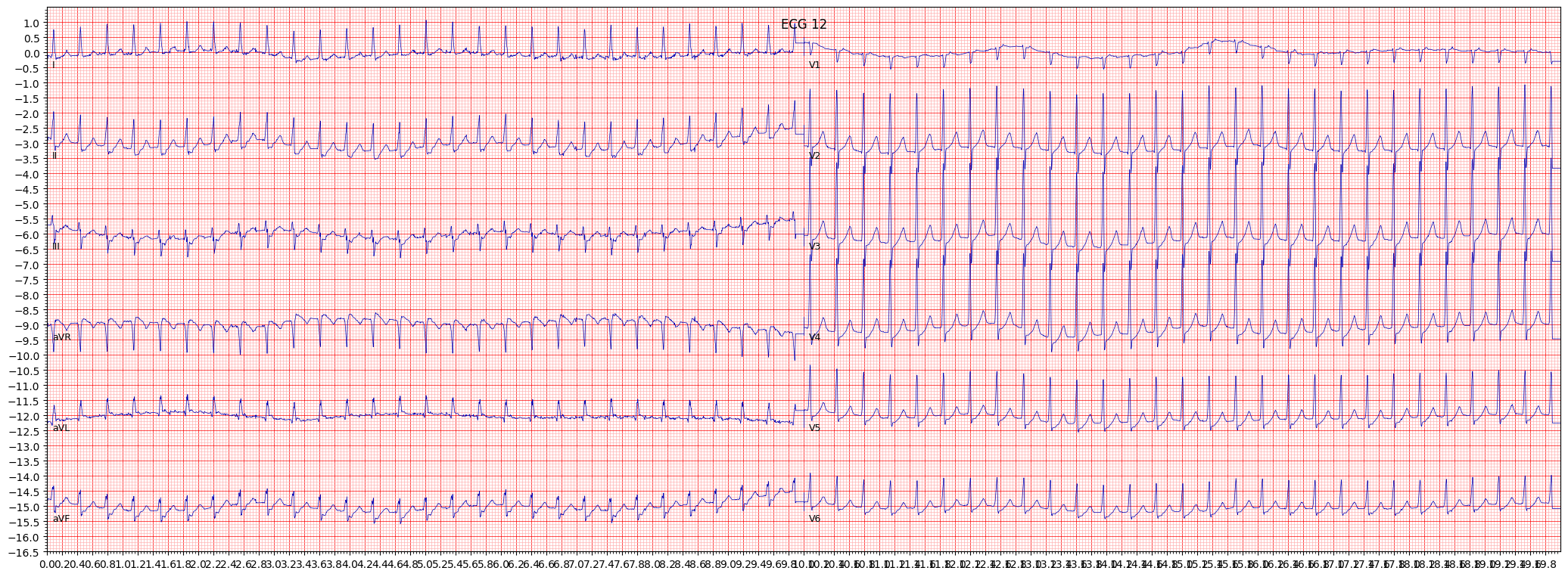 example 2:
example 2:
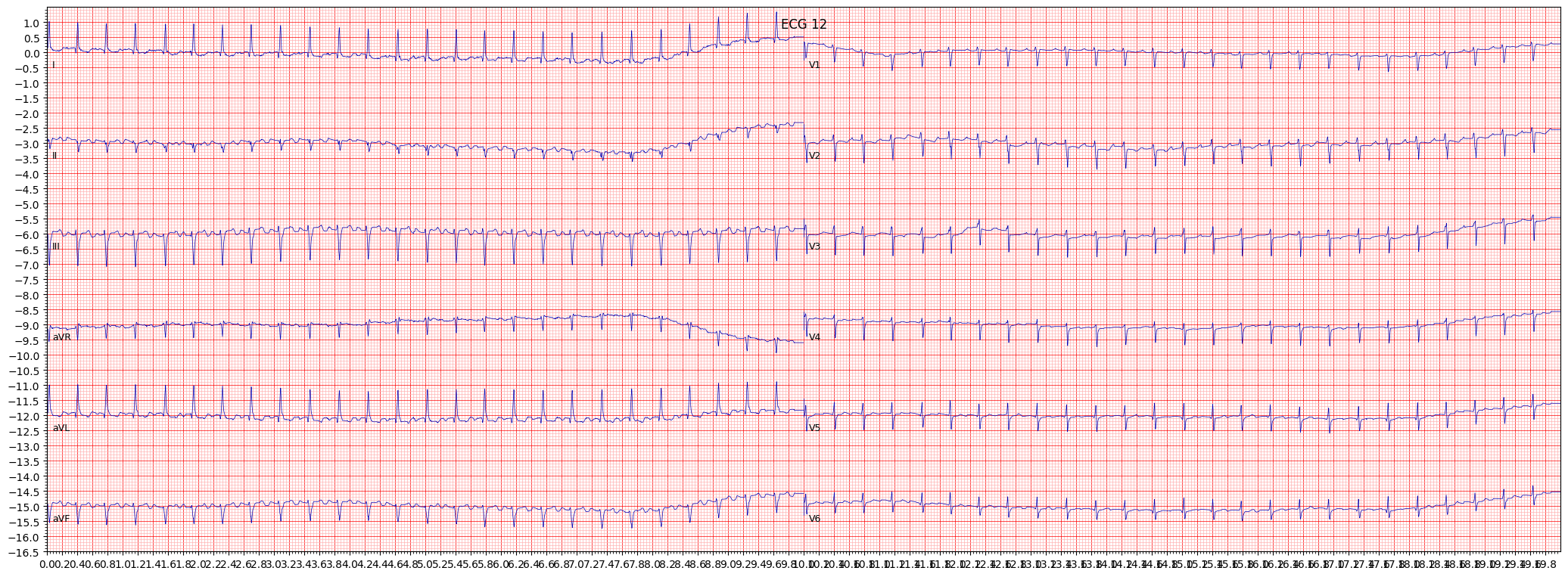 example 3:
example 3:
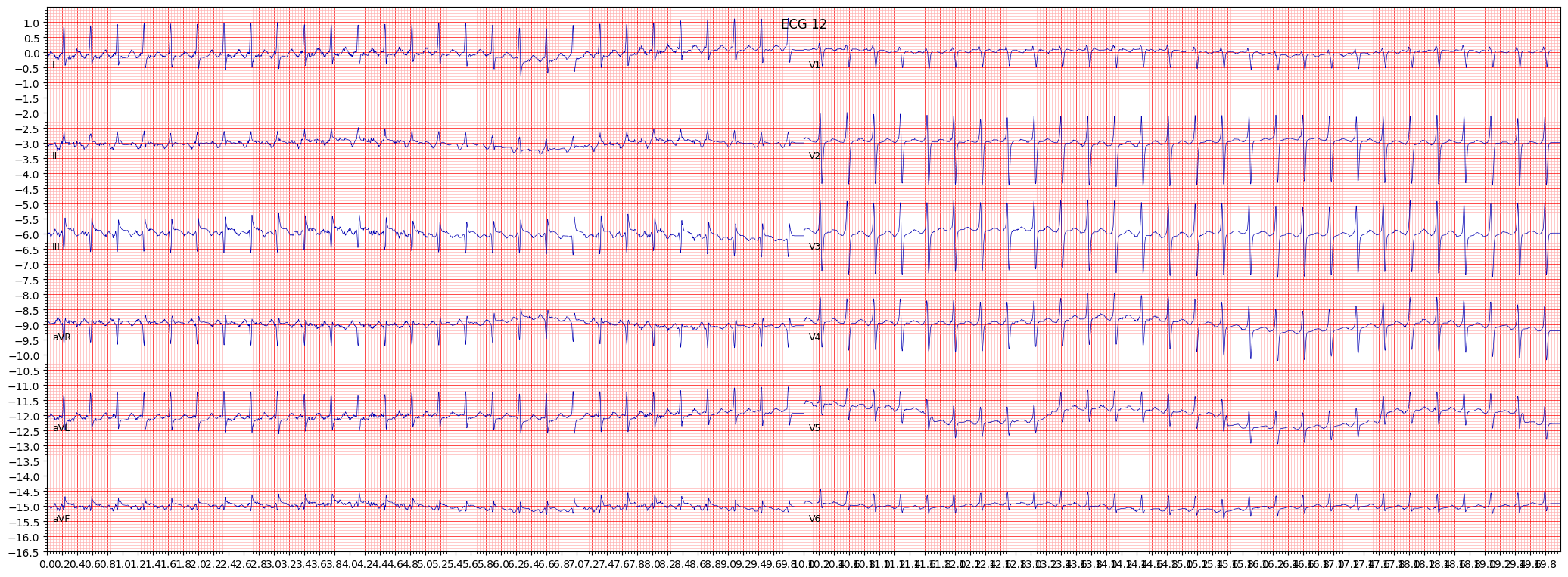 example 4:
example 4:
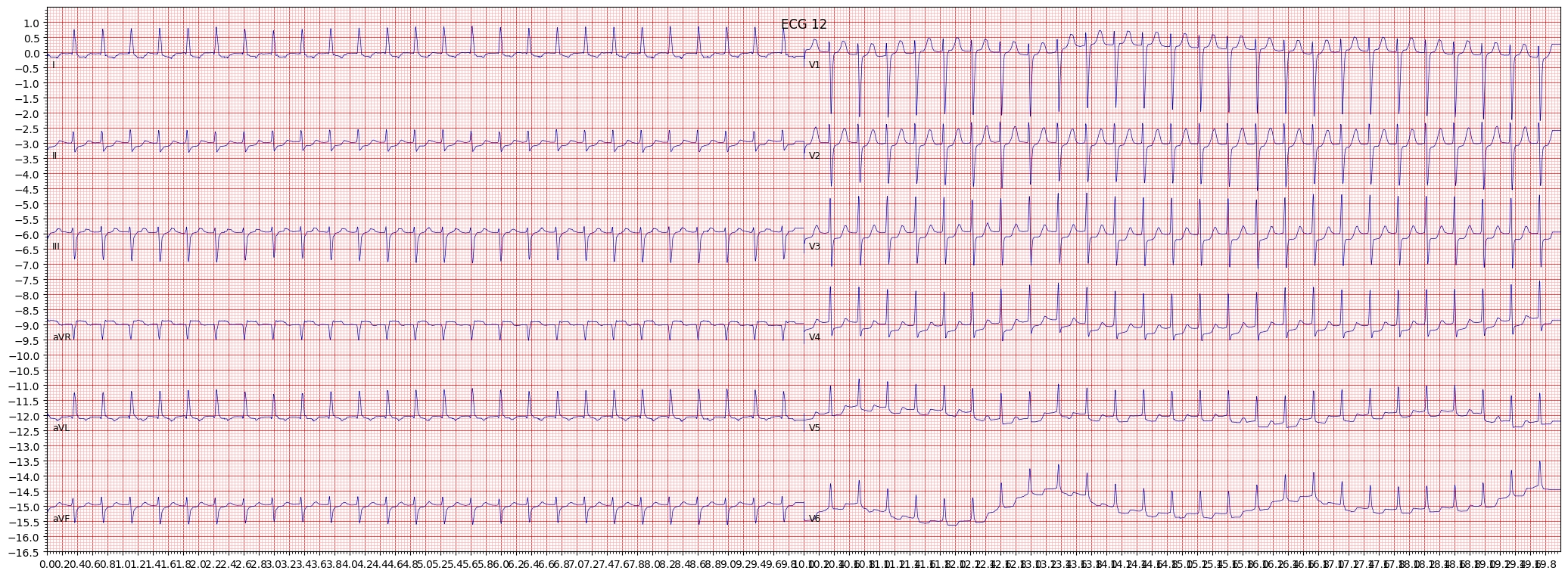 example 5:
example 5:
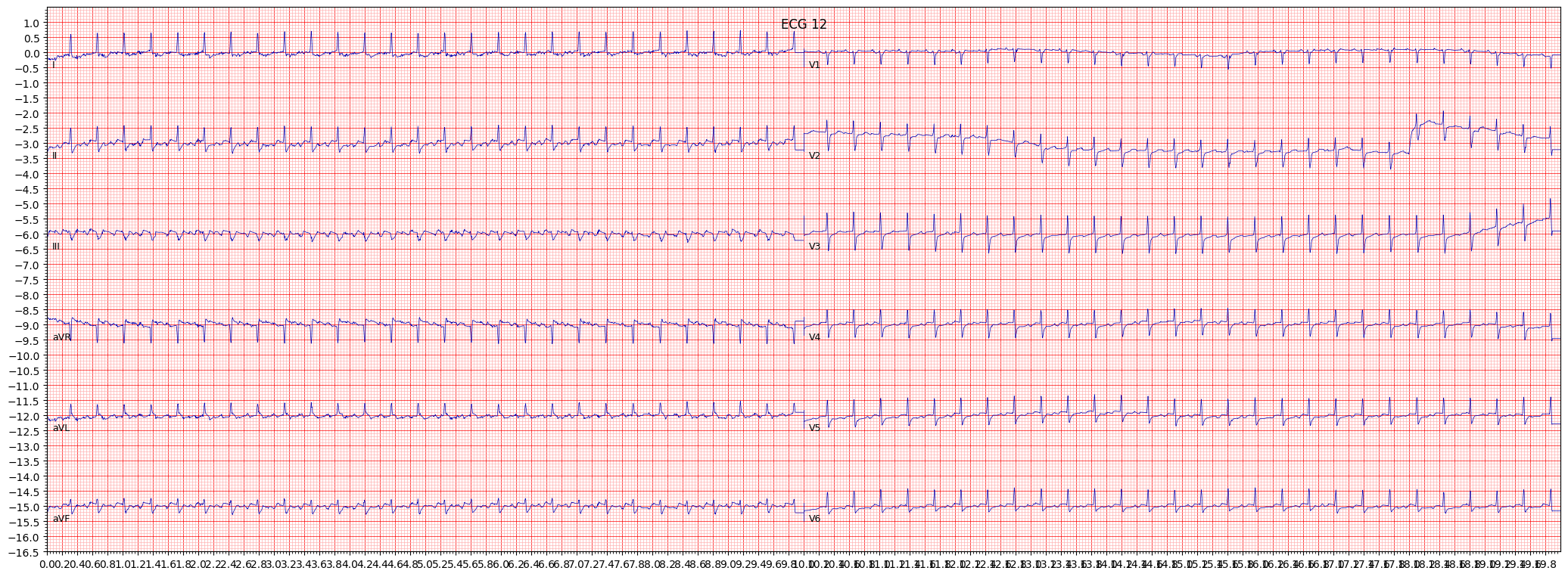 example 6:
example 6:
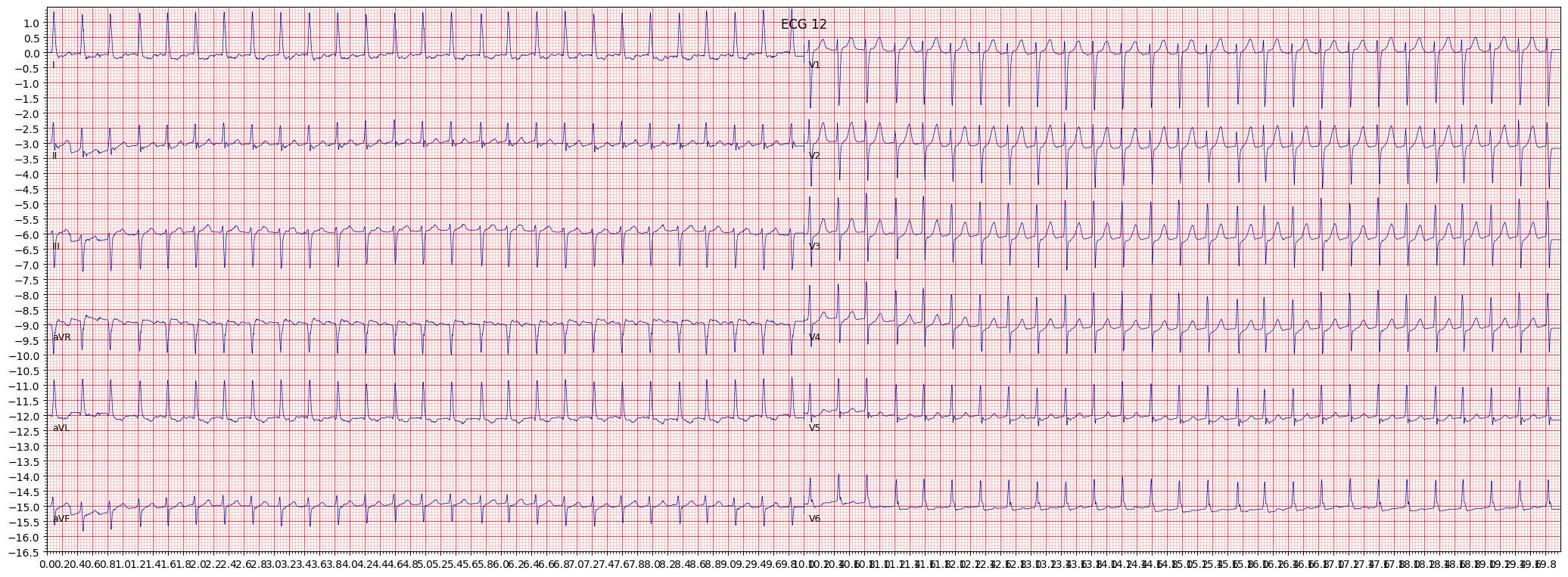 example 7:
example 7:
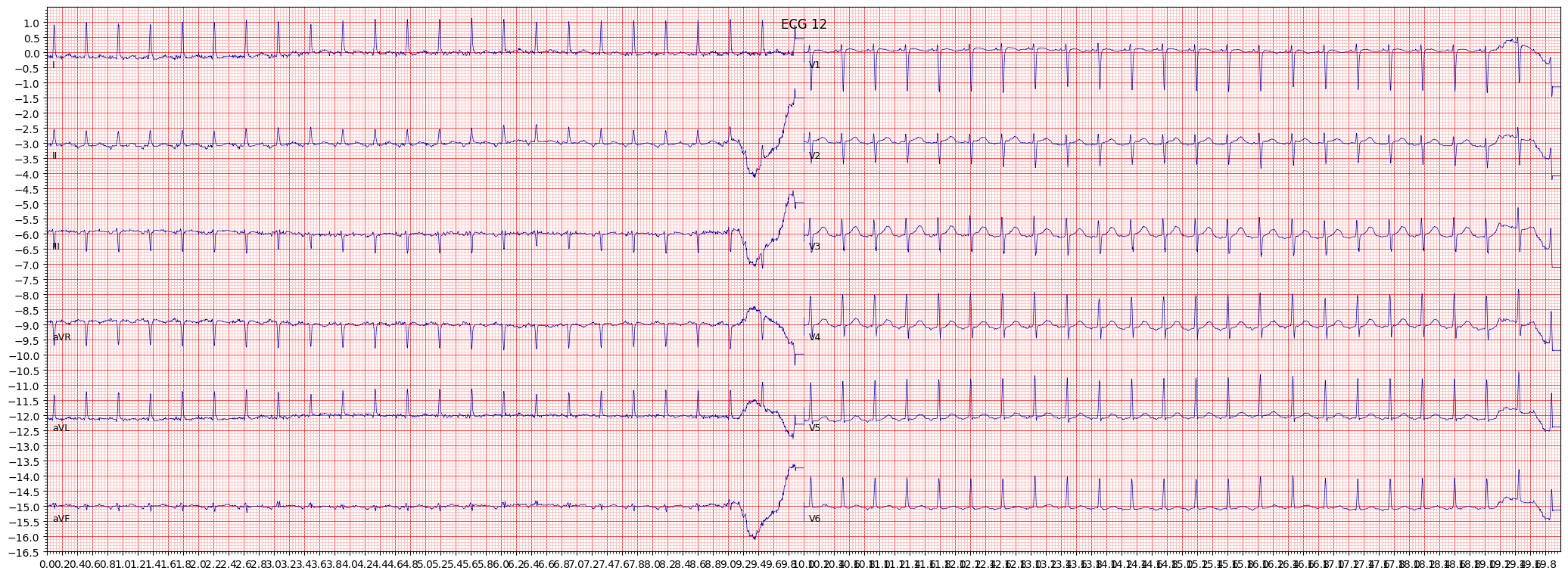 example 8:
example 8:
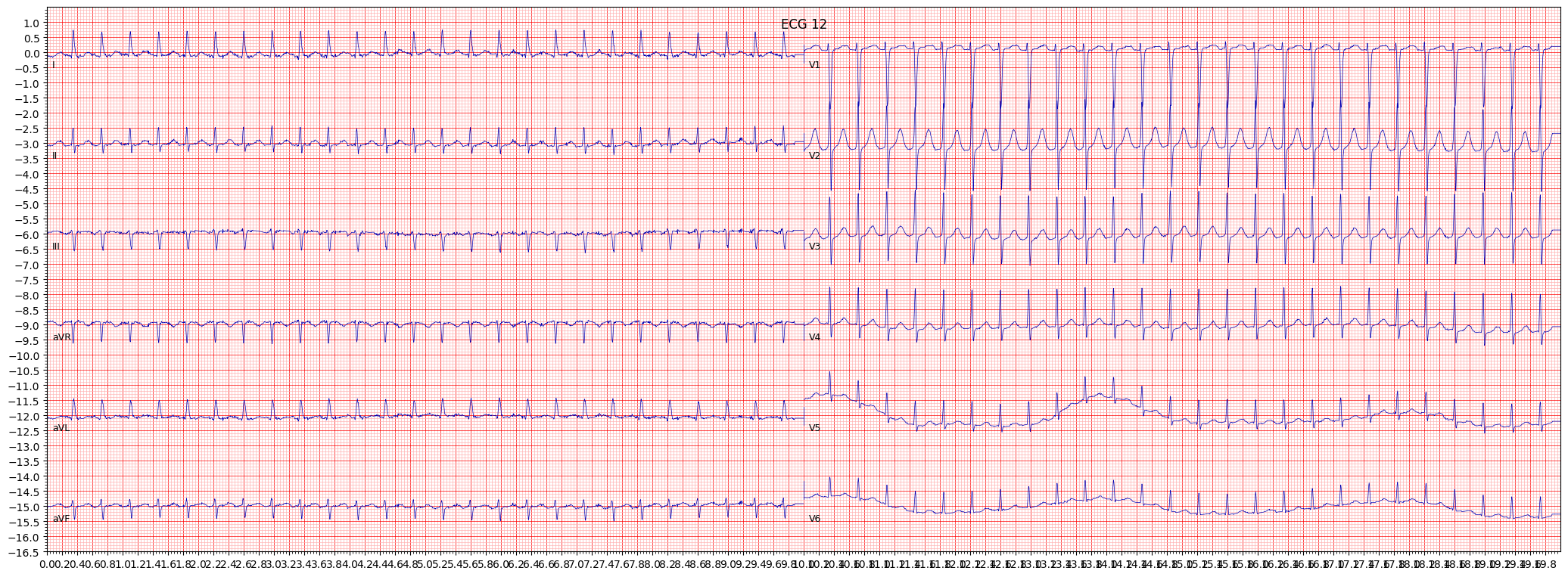 example 9:
example 9:
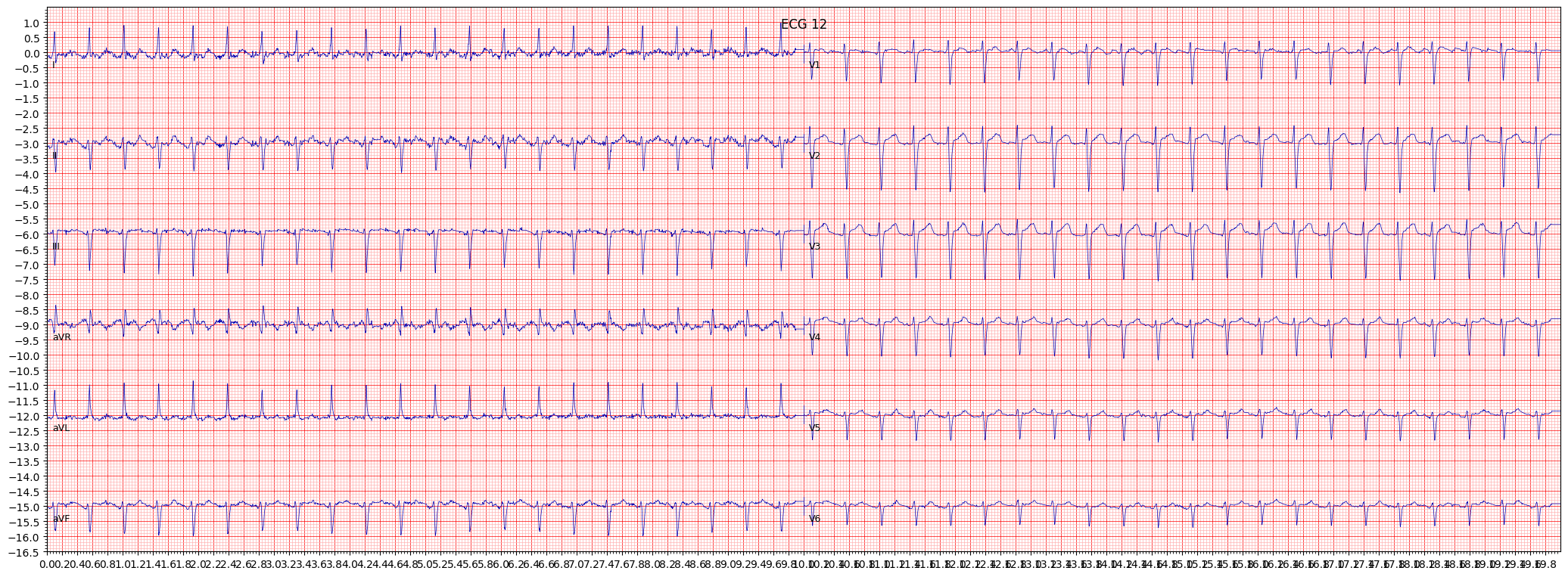 example 10:
example 10:
